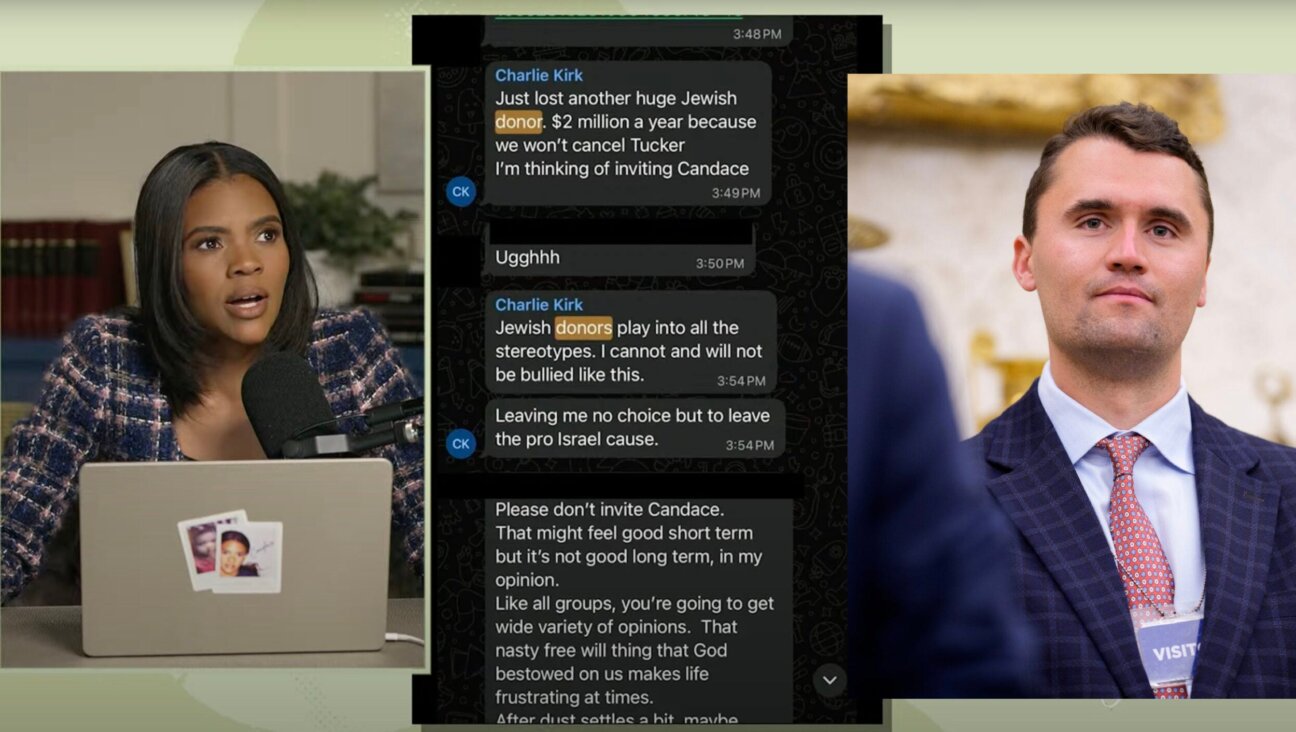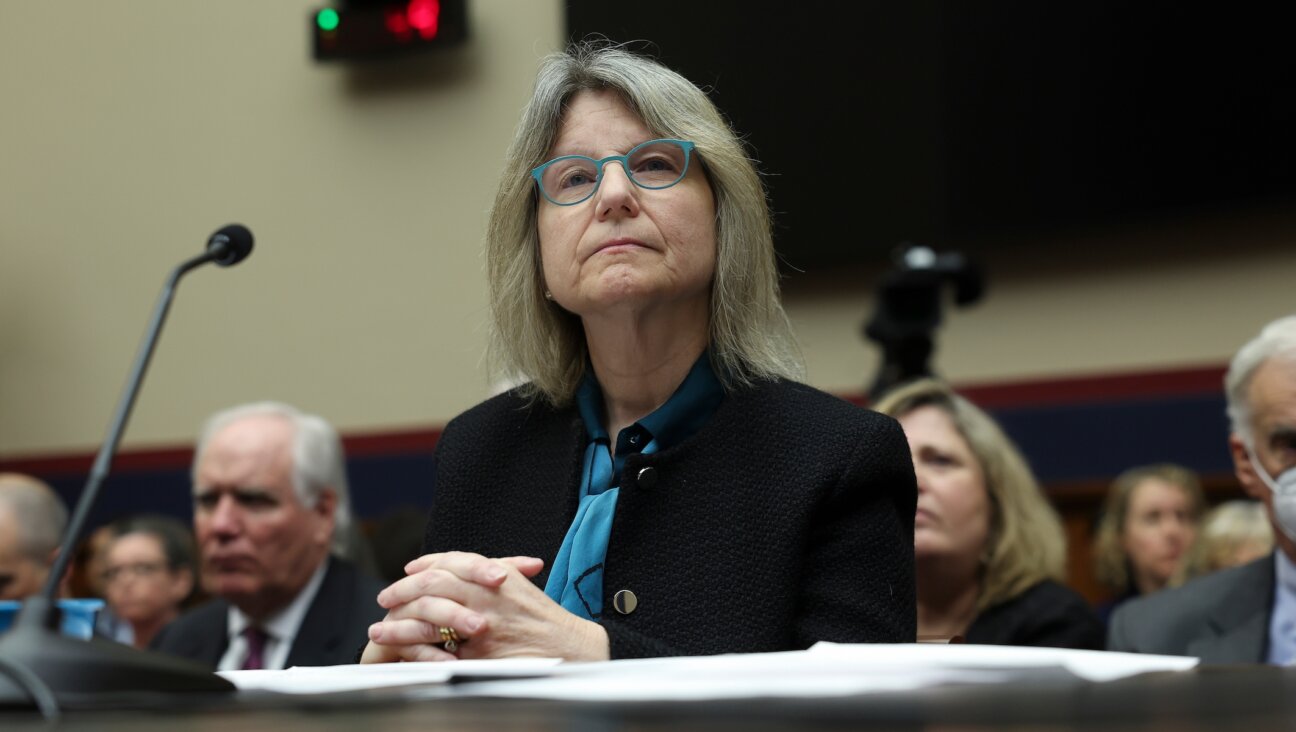Is Harvard’s Past Discrimination Against Jews Relevant to Anti-Asian Bias Suit?

Graphic by Angelie Zaslavsky
Sign up for Forwarding the News, our essential morning briefing with trusted, nonpartisan news and analysis, curated by senior writer Benyamin Cohen.
— Documents showing how Harvard University discriminated against Jews in the past are not relevant to a trial alleging unfair admission standards for Asian-Americans, a federal judge ruled.
“It is not clear how prior instances of discrimination against Jewish applicants in the 1920s, ’30s, ’40s, and ’50s is relevant to the invidious discrimination claims in this case, which allege that Harvard is presently discriminating against Asian-American applicants,” wrote U.S. District Court Judge Allison Burroughs, Politico reported.
“Further, even assuming that such information might potentially be relevant to Plaintiff’s claims, the burden or expense of the proposed discovery would likely outweigh its likely benefit, which the Court deems to be marginal at best,” added Burroughs.
The lawsuit, filed in 2014 by the anti-affirmative action group Students for Fair Admissions, alleges that Harvard held Asian-American undergraduate applicants to higher standards than others.
The group, which has filed a similar lawsuit against the University of North Carolina, had requested Harvard present records showing how its policies had discriminated against Jews.
In the first half of the 20th century, some American universities restricted the number of Jewish students they would admit. Abbott Lawrence Lowell, who served as president of Harvard from 1909 to 1933, pushed various initiatives to limit the number of Jewish and minority students.















